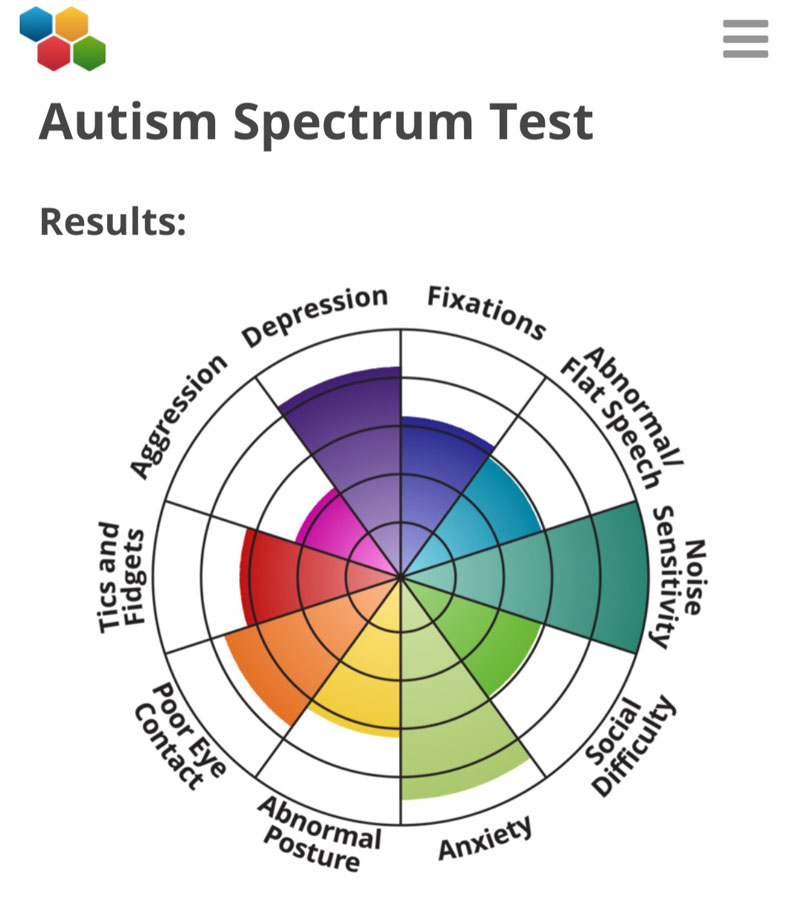Middle Managers: The Unsung Heroes Of Company Performance And Employee Satisfaction

Table of Contents
The Crucial Role of Middle Managers in Bridging the Gap
Middle managers are the linchpin connecting high-level strategic planning with on-the-ground execution. They translate complex corporate strategies into actionable plans, ensuring alignment across the organization. This crucial role fosters operational efficiency and drives performance. Effective middle managers are masters of strategic alignment, ensuring that team goals directly support broader company objectives.
- Facilitate communication between upper management and front-line employees: They act as a vital communication channel, ensuring information flows seamlessly in both directions, preventing misunderstandings and promoting transparency.
- Translate complex strategies into clear, achievable goals for their teams: They break down large, overarching goals into smaller, manageable tasks, empowering their teams to contribute meaningfully.
- Provide regular feedback and coaching to team members: This consistent feedback fosters individual growth and improves team performance.
- Identify and address potential roadblocks to project success: Proactive problem-solving is a hallmark of effective middle managers, ensuring projects stay on track.
- Monitor progress and ensure projects stay on track: They use project management techniques to track progress, identify deviations, and implement corrective actions.
Middle Managers as Champions of Employee Engagement and Satisfaction
Effective middle managers are instrumental in creating positive work environments that boost employee engagement and retention. Their leadership style directly impacts team morale, fostering a culture of collaboration and mutual respect. They understand that happy, engaged employees are more productive and committed to the company's success.
- Provide regular feedback and recognition to employees: Acknowledging achievements, both big and small, motivates employees and strengthens their sense of value.
- Create a culture of open communication and collaboration: Open dialogue and teamwork are fostered by strong middle managers, creating a more positive and productive work environment.
- Offer opportunities for professional development and growth: Investing in employee growth demonstrates commitment and enhances job satisfaction.
- Promote work-life balance and employee well-being: Supporting employee well-being leads to increased loyalty and productivity.
- Address employee concerns and resolve conflicts fairly: Fair and timely conflict resolution is crucial for maintaining a harmonious and productive team.
Developing Effective Middle Management: Key Skills and Training
Developing strong middle management requires investment in specific skills and ongoing training. These individuals need a blend of hard and soft skills to excel in their roles. Providing access to leadership training programs and mentorship opportunities is crucial for their continued growth and development.
- Strong communication and interpersonal skills: Effective communication is fundamental for building strong teams and conveying information clearly.
- Proficient project management and organizational abilities: Middle managers must be adept at planning, organizing, and executing projects efficiently.
- Leadership and team building skills: Inspiring and motivating teams requires strong leadership and team-building skills.
- Conflict resolution and mediation skills: Addressing conflicts effectively is essential for maintaining a positive work environment.
- Ability to adapt to change and embrace new technologies: The ability to adapt to change and leverage new technologies is crucial in today's dynamic business environment.
- Access to leadership training programs and mentorship opportunities: Ongoing professional development is essential for continuous improvement.
Measuring the Impact of Effective Middle Management
Assessing the effectiveness of middle management requires a multi-faceted approach, incorporating both quantitative and qualitative data. By tracking key performance indicators (KPIs), companies can gauge the impact of their middle management on both company performance and employee satisfaction.
- Employee satisfaction surveys: Regular surveys provide valuable insights into employee morale and engagement levels.
- Performance reviews and goal attainment metrics: Tracking individual and team performance against established goals provides clear indicators of success.
- Employee retention rates: High retention rates often reflect a positive and supportive work environment fostered by effective middle management.
- Project success rates and timelines: On-time and successful project completion demonstrates effective management and planning.
- Team productivity and efficiency: Tracking team output and efficiency provides quantitative data on middle management effectiveness.
Conclusion
Middle managers are not just cogs in the machine; they are the vital link between strategic vision and operational reality. Their influence on company performance and employee satisfaction is undeniable. By investing in their development, providing them with the necessary skills and support, and acknowledging their invaluable contributions, companies can unlock greater productivity, enhance employee engagement, and achieve sustained success. Recognize the invaluable contributions of your middle managers and invest in their development. By empowering your middle management teams, you’ll unlock greater company performance and employee satisfaction. Invest in your middle managers today for a more successful and engaged workforce.

Featured Posts
-
 Rajinikanth Hails Ilaiyaraaja A Tribute To Indias Musical Maestro
May 30, 2025
Rajinikanth Hails Ilaiyaraaja A Tribute To Indias Musical Maestro
May 30, 2025 -
 Augsburg Verpflichtet Garteig Torhueter Wechselt Von Ingolstadt
May 30, 2025
Augsburg Verpflichtet Garteig Torhueter Wechselt Von Ingolstadt
May 30, 2025 -
 The Story Behind Vivian Jenna Wilsons Modeling Debut And Relationship With Elon Musk
May 30, 2025
The Story Behind Vivian Jenna Wilsons Modeling Debut And Relationship With Elon Musk
May 30, 2025 -
 Trust And Reliability Amorims Assessment Of Manchester United Player
May 30, 2025
Trust And Reliability Amorims Assessment Of Manchester United Player
May 30, 2025 -
 Autism Diagnosis In Adulthood A Path To Self Discovery And Acceptance
May 30, 2025
Autism Diagnosis In Adulthood A Path To Self Discovery And Acceptance
May 30, 2025
